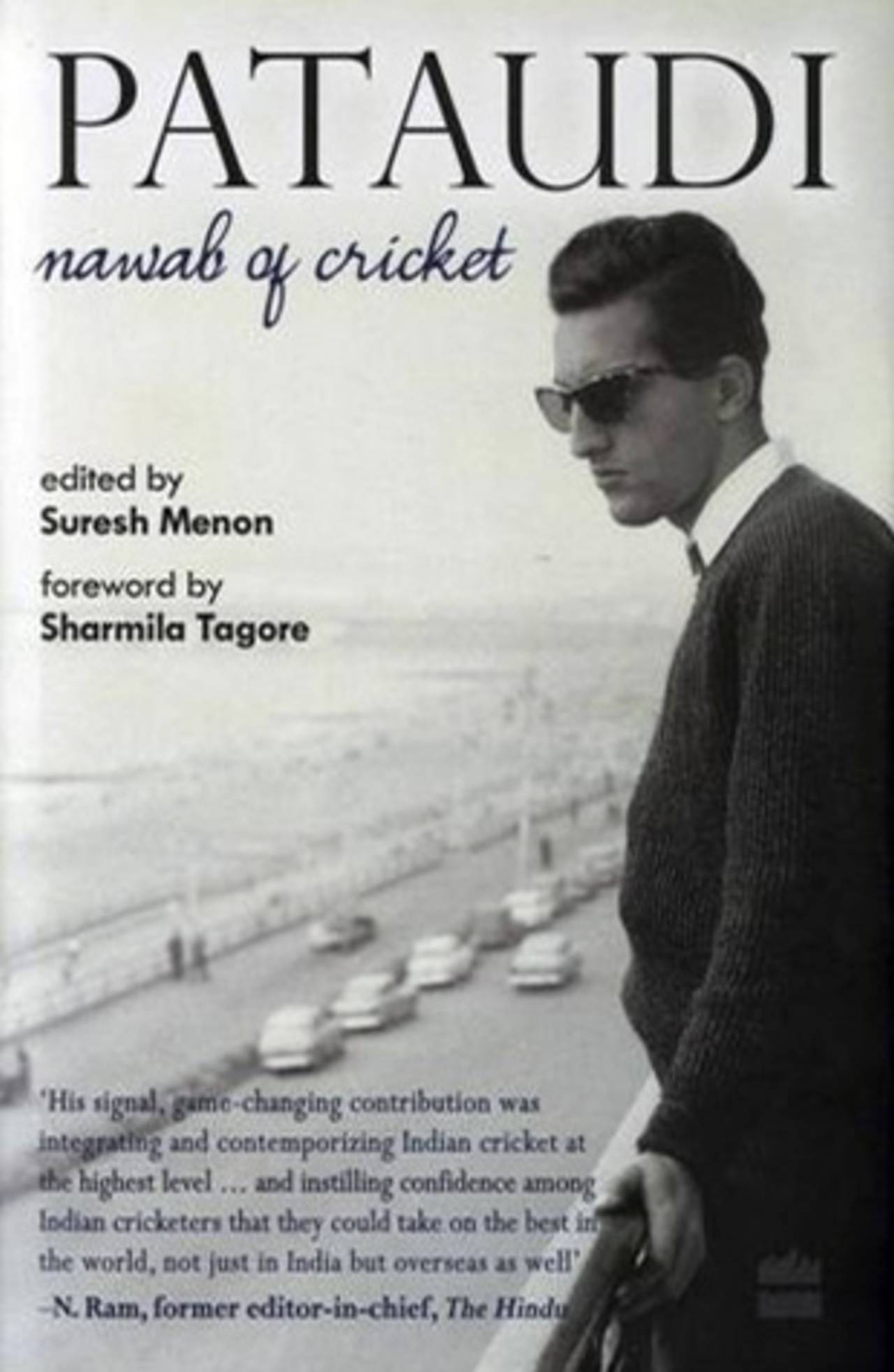Trust Mike Brearley to come up with the mot juste. A distinguished former England captain and one of the most respected and original thinkers on the game, Brearley had this to say in his speech (reprinted in this anthology) about Tiger Pataudi at Lord's in 2012: "Tiger was… the first cricketing superstar in India whose appeal involved so heady a mix of brilliance, charm and charisma."
If one were to search for a coda for this book, to look for an encapsulation of what Pataudi meant to his fans, to Indian cricket and, indeed, India, one needn't go any further.
Brearley's is one of several perceptive, well-enunciated contributions that make up this handsomely produced book. In the day of the ebook, this collection - with its beautiful, well-chosen photographs, pages with generous margins, and arresting front cover - reminds us again that there are few things as gorgeous as the book as an object, as an artefact.
Sharmila Tagore's moving foreword - shorn of self-pity at her loss, underlit by a plangent dignity and love - sets the tone for the anthology. Abbas Ali Baig recalls his escapades with Pataudi at Oxford. Bishan Bedi, part of the formidable quartet of spinners that Pataudi used as an unprecedented spin-only attacking force, pays a glowing tribute to his first Test captain. Sunil Gavaskar recounts his struggle about how to address the Nawab (a question that seems to have preoccupied other cricketers as well).
Mike Coward's interview with Pataudi (from the archives of the Bradman International Cricket Hall of Fame) is illuminating. The veteran Australian cricket writer asked Pataudi what it took him to play cricket at the top level after the accident in which his vision was impaired. "Determination. And, perhaps, an ability to not get completely frustrated; to get over the fact that I could never be what I would have liked to be. To accept that I was, say, 30 or 40% below what I would have liked to have been. That took a while; took a bit of doing."
What kind of a player Pataudi might have been had he not met with that accident as an Oxford undergraduate is one of the most popular counterfactual discussions among Indian cricket fans of a certain generation. Pataudi himself never chose to dwell on it. But that remark in the interview to Coward offers a key to the staggering mental strength and resolve it must have taken him to become the player he did. This dwindled brilliance that was on show, shadowed by the speculation of what the undiminished genius might have been like, is at the heart of the legend that was Pataudi.
But Pataudi: Nawab of Cricket is no hagiography. Suresh Menon, the editor, has been clever in including in the book an essay by Vijay Merchant, the man whose casting vote stripped Pataudi of the India captaincy in favour of Ajit Wadekar. Then we have journalist Mudar Patherya's essay, "The Many Pataudis", which realises two aims: it makes an enterprising attempt to cut through the myths and received wisdom and objectively assess Pataudi's achievements and legacy; and it shows how, had Pataudi been less withdrawn than he was, he could have made a far bigger contribution to the game.
The pieces by Pataudi's daughters, Saba and Soha Ali Khan, while shining with the love they had for their father, clearly throw up the angularities he had as a person.
Certain common themes about Pataudi emerge in the 22 essays in this book: his wicked sense of humour, his love for repartee, his unquestionable qualities as a leader, and the fact that he would walk out to the middle with whichever bat was closest to the dressing-room door.
For cricket fans who never saw Pataudi play, this book offers a glimpse of why those who did were entranced by him.
Pataudi: Nawab of Cricket
edited by Suresh Menon
Harper Collins India
186 pages, Rs 399

Soumya Bhattacharya is the editor of Hindustan Times, Mumbai. He is the author of, among other books, You Must Like Cricket; and All That You Can't Leave Behind

